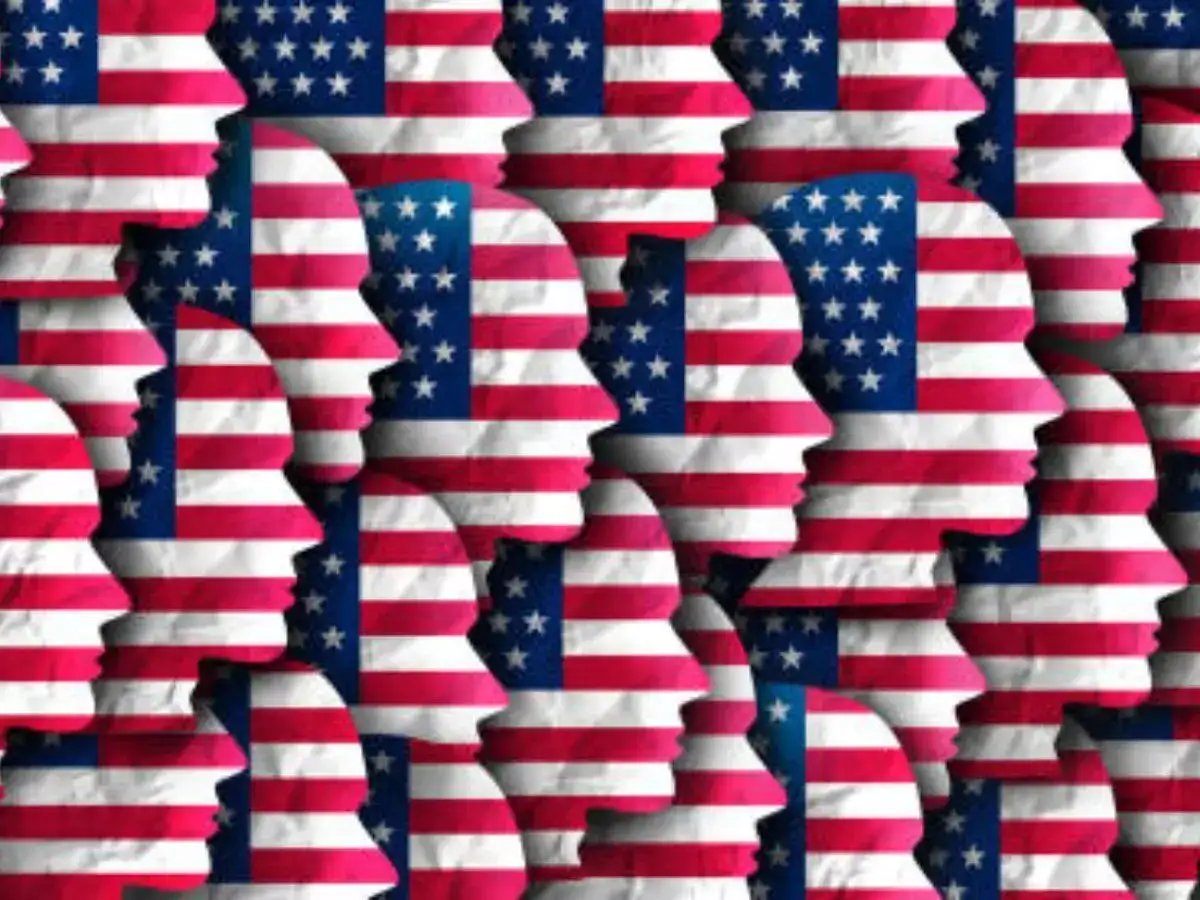US Chamber of Commerce Challenges $100K H-1B Visa Fee in Federal Lawsuit
This lawsuit represents a critical legal battle that could determine the financial viability of hiring foreign skilled talent for many U.S. businesses.

Subscribe to our newsletter and stay informed about latest H1B news, policy updates and and other developments.
Article Summary
The U.S. Chamber of Commerce has filed a federal lawsuit against the Trump administration, challenging a newly imposed $100,000 annual fee for new H-1B visa applications. The Chamber argues that the fee is unlawful, exceeds executive authority, and would significantly harm U.S. businesses. The lawsuit seeks to block federal agencies from enforcing the fee, which was announced last month and is set to expire after one year.
Original Article: chicagotribune.com
[ Sentiment: negative | Tone: factual ]
This summary and analysis were generated by TheNewsPublisher's editorial AI. This content is for informational purposes only; it does not constitute legal or immigration advice.
[ Sentiment: negative | Tone: factual ]
This summary and analysis were generated by TheNewsPublisher's editorial AI. This content is for informational purposes only; it does not constitute legal or immigration advice.
TNP AI: Key Insights
This unprecedented $100,000 fee, if upheld, would dramatically increase the cost of hiring new H-1B talent, potentially forcing businesses to reconsider their workforce strategies and talent acquisition from abroad. For tech companies, universities, and healthcare providers relying on skilled foreign workers, this could lead to significant operational and financial challenges.
Prior to this proclamation, typical H-1B visa application fees were less than $3,600, making the proposed $100,000 fee a drastic and immediate escalation in costs. This shift from cost-based processing fees to a punitive measure aimed at deterring foreign hiring represents a significant departure from historical H-1B program administration.
The lawsuit highlights the severe economic strain this fee would place on American businesses, particularly those in tech, healthcare, and education sectors that rely on H-1B visas to fill specialized roles where domestic talent is scarce. It also underscores the potential for reduced innovation and competitiveness if companies are priced out of global talent markets.
This legal challenge is a critical development, and its outcome will set a precedent for the executive branch's authority in unilaterally altering visa fee structures. Should the fee be upheld, it would likely prompt a major re-evaluation of H-1B sponsorship for new hires, potentially driving companies to explore alternative visa pathways or shift operations to countries with more predictable immigration policies.




